Navigational Content Page
Guide

Tracking the Caribou Queen
PRAISE FOR
Tracking The Caribou Queen
This is a brave, unsparing story by a gifted writer with her eyes wide open to Canadas hypocrisies. Can we find the courage to look at our own hometowns with Margaret Macphersons unflinching gaze? She insists we try.
LINDA GOYETTE, co-author with Kathleen Steinhauser and Nellie Carlson of Disinherited Generations: Our Struggle to Reclaim Treaty Rights for First Nations Women and Their Descendants
Macpherson uses a deft touch to write about the unintended racism she participated in as a child and teenager in Yellowknife, NWT. From sweetly touching to intensely honest, this memoir takes a hard look at the authors complicity in perpetuating stereotypes about Indigenous Peoples in Canada.
RHONDA KRONYK, contributor to In This Together and editor of Gather
Margaret Macphersons memoir invites us all to reckon with our own stories of white privilege, entitlement, and racism, so we may participate fully in undoing the paternalism, misogyny, and patriarchy that have shaped and benefitted all colonizing peoples. You will be deeply moved as you read Macphersons disturbingly real, honest, raw, searingly sad, and finally hopeful story.
NAOMI MCILWRAITH, author of kiym
Margaret Macpherson
TRACKING THE CARIBOU QUEEN Memoir of a Settler Girlhood
NEWEST PRESS
COPYRIGHT MARGARET MACPHERSON 2022
All rights reserved. The use of any part of this publication reproduced, transmitted in any form or by any means (electronic, mechanical, recording, or otherwise), or stored in a retrieval system without the prior consent of the publisher is an infringement of copyright law. In the case of photocopying or other reprographic copying of the material, a licence must be obtained from Access Copyright before proceeding.
Library and Archives Canada Cataloguing in Publication
Title: Tracking the Caribou Queen : memoir of a settler girlhood /
Margaret Macpherson.
Names: Macpherson, Margaret (Margaret A.), author.
Identifiers: Canadiana (print) 20210378875 | Canadiana (ebook) 20210378999 | ISBN 9781774390610 (softcover) | ISBN 9781774390627 (EPUB)
Subjects: LCSH: Macpherson, Margaret (Margaret A.) | LCSH: Macpherson, Margaret (Margaret A.)Childhood and youth. | LCSH: Yellowknife (N.W.T.)Race relationsHistory20th century. | LCSH: Yellowknife (N.W.T.)Ethnic relationsHistory20th century. | CSH: Authors, Canadian (English)Biography. | LCGFT: Autobiographies.
Classification: LCC PS8625.P54 Z46 2022 | DDC C813/.6dc23
NeWest Press wishes to acknowledge that the land on which we operate is Treaty 6 territory and a traditional meeting ground and home for many Indigenous Peoples, including Cree, Saulteaux, Niitsitapi (Blackfoot), Mtis, and Nakota Sioux.
Editor for the Press: Jennifer Bowering Delisle
Cover and interior design: Natalie Olsen
Cover images Iurii Stepanov and Gagat55 / Shutterstock.com
Author photo: Dan Hogan

NeWest Press acknowledges the support of the Canada Council for the Arts, the Alberta Foundation for the Arts, and the Edmonton Arts Council for support of our publishing program. We acknowledge the financial support of the Government of Canada through the Canada Book Fund for our publishing activities.
 #201, 8540-109 Street
#201, 8540-109 Street
Edmonton, Alberta T6G 1E6
www.newestpress.com
No bison were harmed in the making of this book.
Printed and bound in Canada 22 23 24 25 5 4 3 2 1
In memory of JEM, luminous still, and for Daylin, Walker and Elizabeth, our future
CONTENTS
AUTHORS NOTE
Tracking the Caribou Queen has been more than a decade in the making. Begun as a personal reconciliation project to more honestly understand the role race and privilege played in my foundational thinking, the work predictably morphed into a multi-layered examination of my past, my psyche, and the insidious ways systemic racism shaped my youth in Yellowknife, Northwest Territories, during the 60s and 70s. Tracking the Caribou Queen was painful to write.
The language in this text, offensive now, is the language of the times. For some, the material presented may trigger painful and unprocessed memories. It is not my intention to hurt or retraumatize any community of readers, but rather to reveal how my thinking about Indigeneity in those days was warped by stereotype, prejudice, and white privilege.
Uncomfortable as it was to face my own part in Canadas colonization of Indigenous Peoples, I believed that my way forward lay in telling my own experience as truthfully as I could. All of the events in this book are recounted in varying degrees of acuity and precision. In some instances, I have shaped chronology, geography, and identity to serve the story. I have changed names; melded the lives of two or more real people into one character; and altered gender, age, and even ethnicity to protect innocent people. My early life was intertwined with others, many of whom may be profoundly uncomfortable having their lives projected on these pages though the lens of a child, and later a teenager, sorting out her own issues of personal culpability. It is these people I endeavour to protect.
The books adolescent love story is shaped by the intense longing of a lonely teenage girl. As such, I believe it is, at its heart, true.
Public figures, including my much beloved father, who spent the majority of his educational career in the Territories, have remained relatively unaltered. The attitudes of these men (and some women) were shaped by a different time and sensibility. My intention is neither to shame nor humiliate them, but rather to illuminate the systemic racism inherent in the settler experience and illustrate the trickle-down effect on subsequent generations based on entrenched ideas of paternalism, misogyny, and patriarchy.
I am, by no means, an expert on northern colonization, assimilation policy, or federal educational initiatives. Indeed, I would encourage white readers to further their own understanding of the impact of colonization by reading accounts from an Indigenous perspective.
This writing is drawn from my lived, individual experience. I feel compelled to own my whiteness not good, not bad, just a fact as much as I acknowledge and hold myself accountable for the missteps and mistakes that came from my generation and the generation before mine. My hope is that readers, be they Indigenous or settler, recognize aspects of their own lives in this work.
Colonizing people cannot begin to enable justice until we understand our place and agency in past injustices. In naming our participation, in owning the actions of the past, we can begin to take responsibility for our part in it. Only then can we make way for a right and equitable future as true Treaty People.
Margaret Macpherson
Edmonton, 2021
Vision
My mother fumbled in her purse for a coin to start Brownie the mechanical horse, tethered next to the large raven-proof garbage barrels inside the first storm doors of Bromleys Hardware.
You did well.
I didnt like the needle.


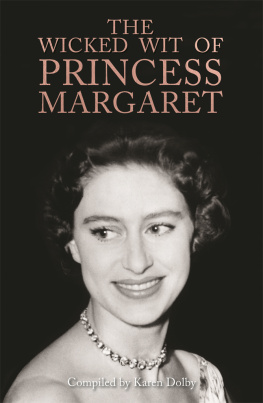
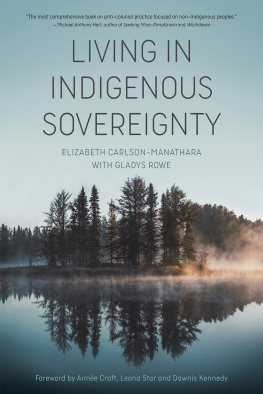
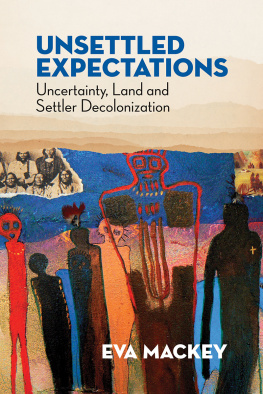
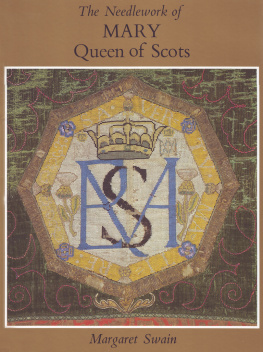
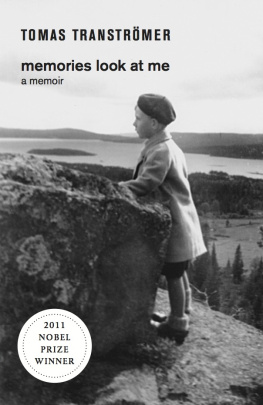
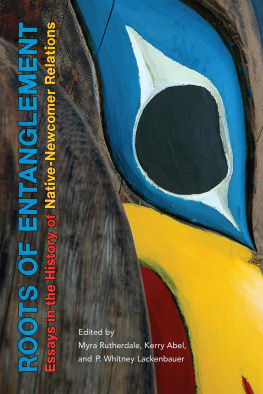
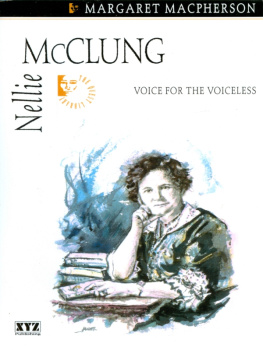
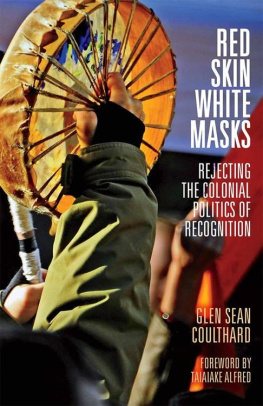

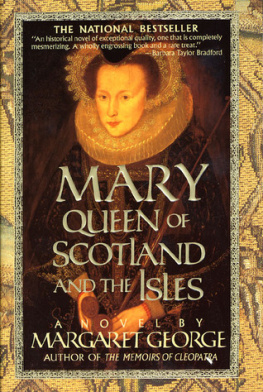


 #201, 8540-109 Street
#201, 8540-109 Street